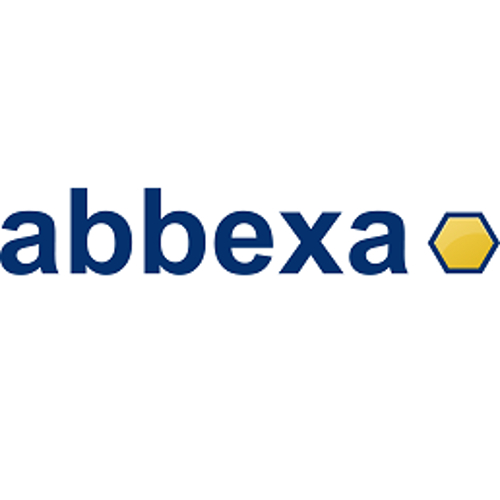AIF / FITC /
Product Details
| Description | AIFM1 Antibody (FITC) is a Rabbit Polyclonal against AIFM1 conjugated to FITC. | |
|---|---|---|
| Conjugate | FITC | |
| Clone | ||
| Target Species | Human | |
| Applications | ELISA | |
| Supplier | Abbexa | |
| Catalog # | Sign in to view product details, citations, and spectra | |
| Size | ||
| Price | ||
| Antigen | ||
| Host | ||
| Isotype |
About AIF
This gene encodes a flavoprotein essential for nuclear disassembly in apoptotic cells, and it is found in the mitochondrial intermembrane space in healthy cells. Induction of apoptosis results in the translocation of this protein to the nucleus where it affects chromosome condensation and fragmentation. In addition, this gene product induces mitochondria to release the apoptogenic proteins cytochrome c and caspase-9. Mutations in this gene cause combined oxidative phosphorylation deficiency 6 (COXPD6), a severe mitochondrial encephalomyopathy, as well as Cowchock syndrome, also known as X-linked recessive Charcot-Marie-Tooth disease-4 (CMTX-4), a disorder resulting in neuropathy, and axonal and motor-sensory defects with deafness and cognitive disability. Alternative splicing results in multiple transcript variants. A related pseudogene has been identified on chromosome 10. [provided by RefSeq, Aug 2015]
This gene encodes a flavoprotein essential for nuclear disassembly in apoptotic cells, and it is found in the mitochondrial intermembrane space in healthy cells. Induction of apoptosis results in the translocation of this protein to the nucleus where it affects chromosome condensation and fragmentation. In addition, this gene product induces mitochondria to release the apoptogenic proteins cytochrome c and caspase-9. Mutations in this gene cause combined oxidative phosphorylation deficiency 6 (COXPD6), a severe mitochondrial encephalomyopathy, as well as Cowchock syndrome, also known as X-linked recessive Charcot-Marie-Tooth disease-4 (CMTX-4), a disorder resulting in neuropathy, and axonal and motor-sensory defects with deafness and cognitive disability. Alternative splicing results in multiple transcript variants. A related pseudogene has been identified on chromosome 10. [provided by RefSeq, Aug 2015]
About FITC
Fluorescein isothiocyanate (FITC) has an excitation peak at 495 nm and an emission peak at 519 nm. The name FITC is a misnomer in that the isothiocyanate is a reactive form of this dye. Once FITC is conjugated to an antibody, it is simply Fluorescein conjugated. FITC is one of the most widely used dyes for fluorescent applications, therefore most instruments come standard with a 488 nm laser and FITC filter set up. FITC is commonly conjugated to secondary antibodies and used in applications such as flow cytometry, immunocytochemistry, and immunohistochemistry. FITC is relatively dim, sensitive to photobleaching and it is susceptible to changes is pH. There are better performing alternatives to FITC, like Vio®Bright 515, Alexa Fluor™ 488, iFluor® 488, CF®488A and DY-488. FITC is a long-time generic dye with no sole manufacturer or trademark.
Fluorescein isothiocyanate (FITC) has an excitation peak at 495 nm and an emission peak at 519 nm. The name FITC is a misnomer in that the isothiocyanate is a reactive form of this dye. Once FITC is conjugated to an antibody, it is simply Fluorescein conjugated. FITC is one of the most widely used dyes for fluorescent applications, therefore most instruments come standard with a 488 nm laser and FITC filter set up. FITC is commonly conjugated to secondary antibodies and used in applications such as flow cytometry, immunocytochemistry, and immunohistochemistry. FITC is relatively dim, sensitive to photobleaching and it is susceptible to changes is pH. There are better performing alternatives to FITC, like Vio®Bright 515, Alexa Fluor™ 488, iFluor® 488, CF®488A and DY-488. FITC is a long-time generic dye with no sole manufacturer or trademark.
Experiment Design Tools
Panel Builders
Looking to design a Microscopy or Flow Cytometry experiment?
Validation References
Reviews & Ratings
| Reviews |
|---|
Looking for more options?
509 AIF antibodies from over 27 suppliers available with over 44 conjugates.





